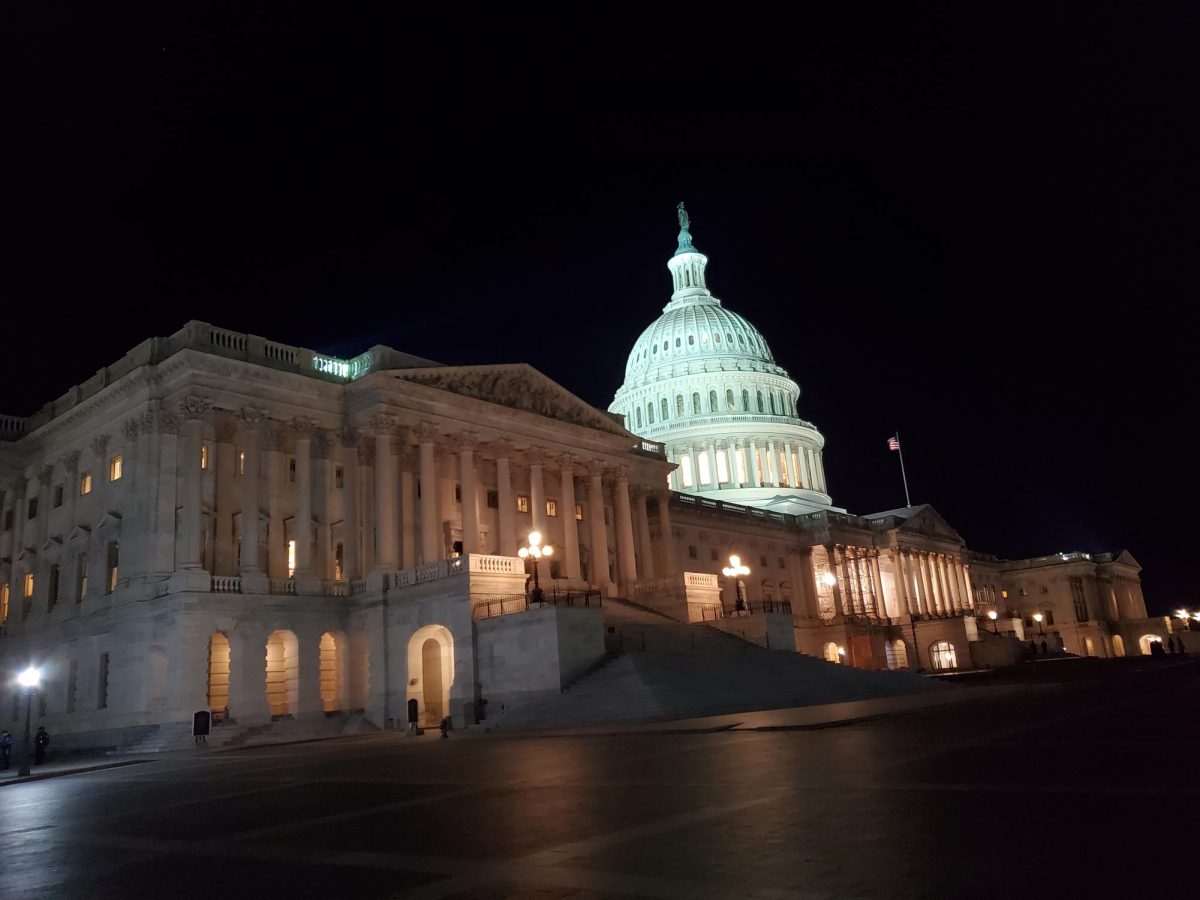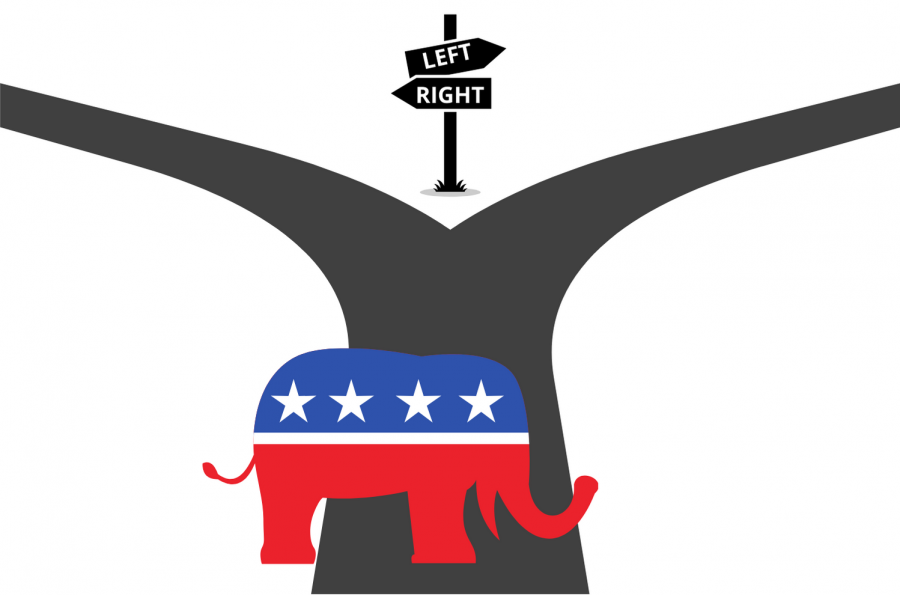Recently, there has been increase in sexual assaults against women on public transport in India. Although India goes through crisis after crisis, little seems to change and the anger eventually dies down. However, because of the many sexual assaults resulting at times in the death of the victim, protests have continued and the anger has yet to cool down.
The most recent assault is said to have occurred in the northern state of Punjab. Six men have already been arrested and the police are for a seventh suspect who may have been involved in the gang-rape of a woman on a bus. The victim was a 29-year-old woman who was most likely traveling back to her village on a bus on Friday night.
It was reported that the bus driver and conductor refused to stop at her village, taking her to an uninhabited location not far from the city of Amritsar. It is believed that the two men were joined by five other who then took turns to rape the woman. After the assault, the woman was dropped off at her village where she was able to tell her relatives of the attack. The extent of her injuries are not yet known.
Similar cases have been happening in various place of India. In fact, just last month, in the capital Delhi, a 23-year-old student died of her injuries after being raped. The five men who raped her and caused her death are facing trial. If convicted, they will face the death penalty. A sixth suspect, thought to be 17, will be tried separately if it is confirmed that he is a minor.
On Saturday, after the victim died at a hospital in Singapore, several thousands of people gathered at Jantar Mantar to protest and express their grief and anger at the horrendous deed. As the protests continued, authorities clashed with the protesters and had to isolate Jantar Mantar.
By isolating protesters, people are seeing the government as inflexible. If the government would only listen, they would understand that the people are trying to find solutions and not just causing trouble. However, the government is not inclined to listen.
Jayati Ghosh, a professor at Jawaharlal Nehru University, said, “What the government is doing is politically stupid.”
In fact, for some time, protesters complained that the Indian state was more interested in protecting itself, instead of its citizens, especially the women.
Many of the protests are being led by women. Sexual violence has become a regularity with an increase in public sexual harassment. Women are afraid to right buses or subways along and of being shamed and blamed. Rape can happen anywhere.
Urvashi Butalia, a feminist writer, states, “It happens inside homes, in families, in neighborhoods, in police stations, in towns and cities, in villages, and its incidence increases, as is happening in India, as society goes through change, as women’s roles begin to change, as economies slow down and the slice of pie becomes smaller.”
The anger of the mistreatment of women has yet to be soothed and reassurances made by the government are not being accepted. Even worse is that several of those in the government or with connections to the government, have made sexist comments about women, stirring up the anger of the protesters.
Abhijit Sarkar, a 28-year-old social activist, stated, “I’m now beginning to feel that my government is not capable of understanding the situation, let alone solving it. During the candlelight vigil, policemen were actually laughing at us.”






